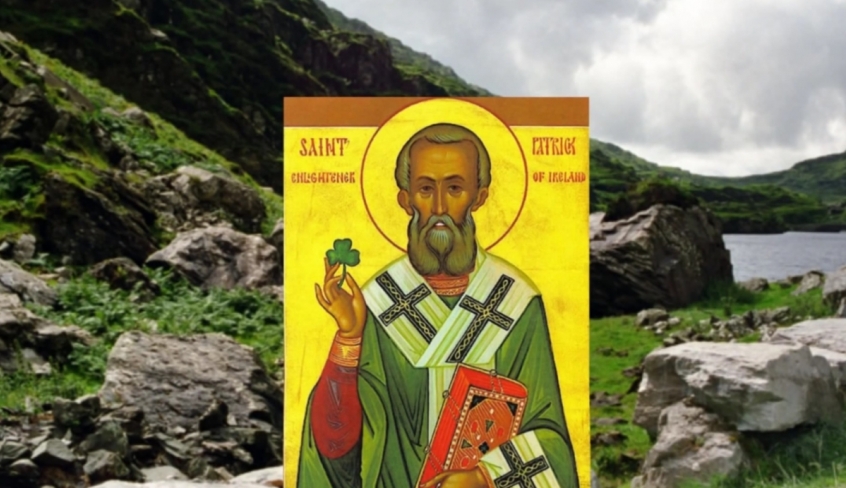
Today is St Patrick's Day, an occasion to celebrate an Irish icon, a patron saint and legend of Christian history.
As with many saints, determining precise histories can be difficult, with famous figures often mythologised and lost in legend.
St Patrick is associated with the shamrock, the three-leaf clover that has become a classic emblem of Irish culture. Patrick is said to have used the shamrock as an illustration of the Christian doctrine of the Trinity – the idea the God is one God, in the three persons of Father, Son and Holy Spirit.
Unfortunately, the well-intentioned Patrick may have, in so doing, confessed an ancient Church heresy.
It's easy to imagine that using a human example might illuminate the complexity of the Trinity – for example, thinking about water, ice and vapour, or indeed the three leaves of a shamrock. Unfortunately, these examples end up being more confusing unhelpful – as this comedic video from 'Lutheran Satire' shows.
St Patrick's Bad Analogies presents the saint attempting to explain the Trinity to a pair of Irish peasants – but he is soon schooled by them for stumbling into ancient heresies. Watch it below.
With the water/vapour/ice analogy, poor Patrick ends up confessing 'modalism, where God is simply one person revealing himself in three different forms. With the shamrock, Patrick is condemned for confessing 'partialism', where each member of the godhead only represents one third of the wholeness of God, rather than each being fully divine.
The peasants tell Patrick that God is also not like the sun (consisting of a star, and the heat and light that emanate from the star), nor is God like a father who is also a husband and an employer. The Trinity is also not like the three layers of an apple. A flustered Patrick ends up simply confessing the lengthy, jargon-laden Christian creeds on the matter.
The St Patrick sent up in the video is not hard to relate to. God is, perhaps not surprisingly, hard to explain. But perhaps one should be encouraged that the transcendent, triune relationship of love that spun the Universe into being is somehow beyond our human analogies.
It isn't nonsense, it's just mysterious. Through the Trinity, we see that God desired to become known by us, but also did so in a way that we couldn't put in a simple box.
Among everything else that Patrick will be remembered for on this day, if he pointed to the ineffability of the divine, and the limits of human expression speaking about God – then that's no bad legacy at all.
You can follow @JosephHartropp on Twitter













